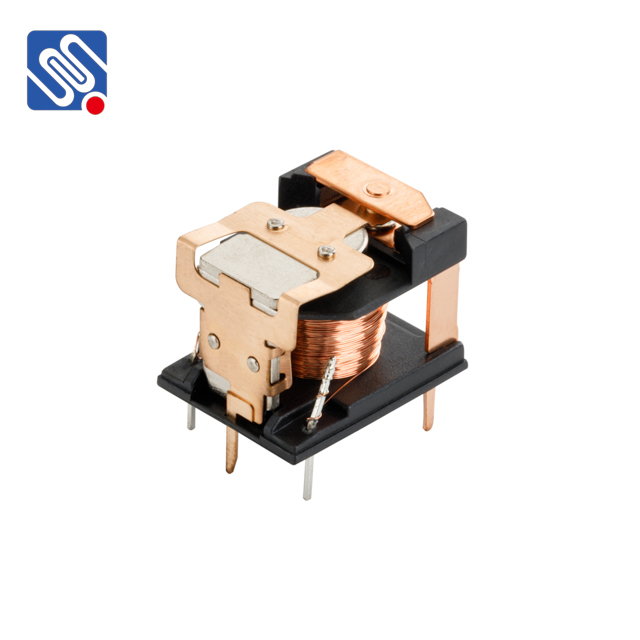relay comparison: exploring the leading edge with meishuo
Release time:2025-03-25 16:17:37
Relays are integral components in many electrical circuits, serving as switches to control the flow of electricity based on an input signal. In various industries, relays are used for automation, safety, and switching applications, playing a key role in modern electronics. Among the numerous types of relays, a comparison of their performance, durability, and functionality can help determine the most suitable option for specific applications. This article will explore the key differences between relays and highlight the innovative offerings of Meishuo, a leading name in the relay manufacturing industry.

Types of Relays and Their Applications Relays come in various forms, each designed to fulfill specific purposes. The most common types include electromagnetic relays, solid-state relays, thermal relays, and reed relays. Electromagnetic relays are the most traditional type, relying on a coil of wire to create a magnetic field when electricity is applied. This field then closes or opens contacts, allowing electricity to flow through the circuit. Solid-state relays, on the other hand, use semiconductor components instead of mechanical contacts. They offer faster switching speeds, better reliability, and are ideal for applications requiring high-frequency switching. Thermal relays operate based on temperature changes and are often used in motor protection circuits. Reed relays use a reed switch to control the current flow and are compact, making them perfect for space-constrained applications.

